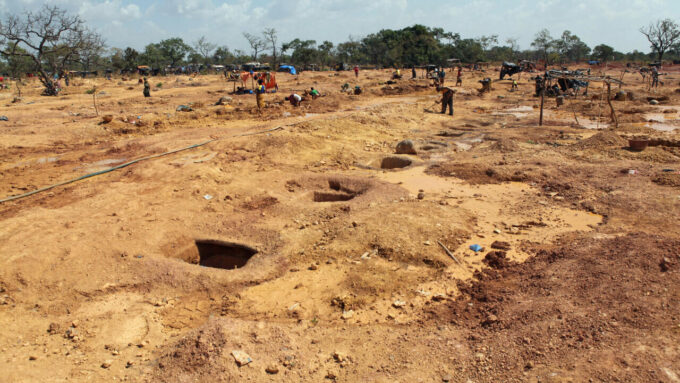Nigeria has witnessed a remarkable 189% increase in foreign capital inflows from BRICS nations during the first half of 2024, according to data from the National Bureau of Statistics (NBS). Capital importation surged from $438.72 million in 2023 to an impressive $1.27 billion by mid-2024, underscoring the growing economic ties between Nigeria and the BRICS bloc. This significant growth comes as Nigeria continues to lobby for membership in the expanded BRICS coalition, following the group’s decision to welcome new members, including Saudi Arabia, Iran, Egypt, Ethiopia, and the UAE, earlier this year.
Despite not being included in the January 2024 expansion, Nigeria remains focused on securing a place within BRICS (Brazil, Russia, India, China, and South Africa) within the next two years. The country’s leaders see membership as a key opportunity to bolster trade, attract foreign investment, and deepen economic cooperation with some of the world’s fastest-growing economies.
South Africa and Saudi Arabia have played pivotal roles in driving this surge in capital inflows. According to NBS figures, South Africa’s investments in Nigeria skyrocketed by 267%, climbing from $228.46 million in 2023 to $838.32 million in the first six months of 2024. Saudi Arabia, which has also emerged as a major player in the Nigerian economy, increased its capital importation from a mere $30,000 in 2023 to an impressive $147.07 million this year.
China, a longstanding economic partner of Nigeria and a member of the BRICS coalition, also contributed significantly to the rise in foreign capital inflows. Chinese investment jumped from $0.25 million to $35.64 million during the same period. Analysts attribute this growth to China’s ambitious Belt and Road Initiative (BRI), which seeks to enhance connectivity and foster trade and investment across Africa. Nigeria has been one of the beneficiaries of this program, receiving funding for infrastructure projects and other development initiatives aimed at boosting economic growth.
Despite the notable increases from South Africa, Saudi Arabia, and China, it is worth noting that half of the BRICS member states, including Brazil and Russia, did not record any capital inflows into Nigeria during this period. This reflects the varied levels of economic engagement between Nigeria and the individual BRICS nations, highlighting potential areas for improvement as Nigeria looks to strengthen its ties with all members of the bloc.
Nigeria’s pursuit of BRICS membership is part of a broader strategy to diversify its economic partnerships and reduce reliance on traditional Western trading partners. By aligning itself with BRICS nations, Nigeria hopes to tap into the growing influence of emerging markets and secure increased investments across key sectors such as infrastructure, energy, and technology. Additionally, joining the BRICS coalition could enhance Nigeria’s geopolitical standing, enabling the country to play a more active role in shaping global economic policies that affect developing nations.
President Bola Tinubu’s administration has made no secret of its ambition to join BRICS, and diplomatic efforts have been ramped up in recent months. Officials within the government have emphasized that membership in the bloc would not only attract investment but also foster deeper collaboration on issues such as climate change, sustainable development, and poverty reduction.
Economic experts are optimistic about the potential benefits of BRICS membership for Nigeria. The country’s vast natural resources, large consumer market, and strategic position within West Africa make it an attractive destination for foreign investment. However, there are also challenges ahead, particularly in ensuring that Nigeria meets the economic and political criteria required for BRICS membership.














Leave a comment